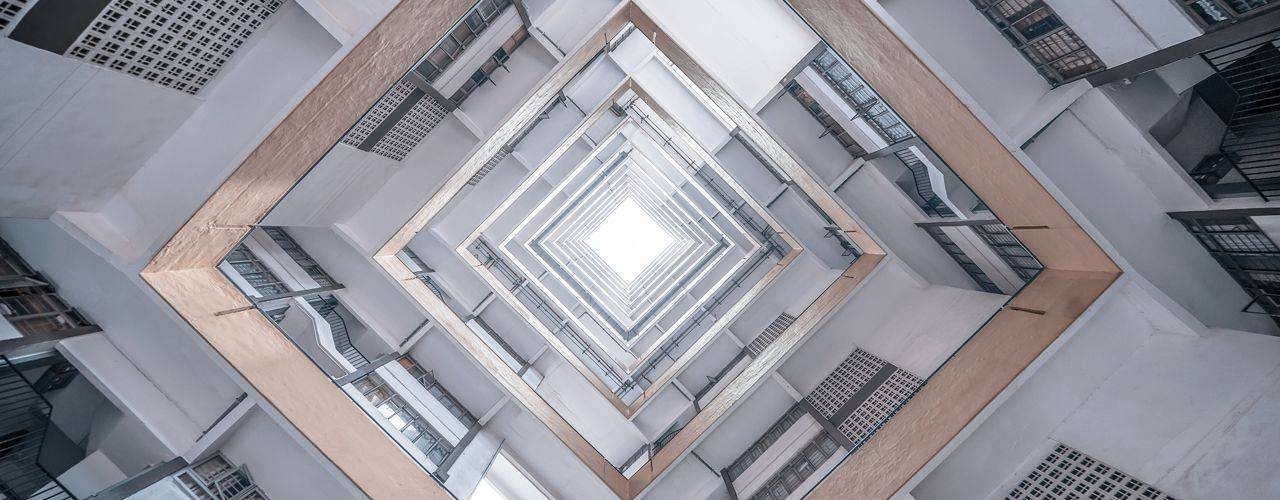Asia
Our team of internationally qualified lawyers, with deep regional experience, support your organizations with inbound and outbound strategic Asia initiatives.In order to best support our clients in such a dynamic region, BCLP is structured in a way few other law firms are – as a fully integrated international team that provides clients with clear, connected legal advice wherever and whenever they need it.
Working as 'One Firm', we bring to our clients a range of integrated capabilities. This includes some of Asia’s most active corporate, finance, real estate, litigation and corporate risk practices, all geared toward supporting our clients’ inbound and outbound investment strategies across key sectors. These sectors include real estate, infrastructure, energy & natural resources (with a focus on renewable & sustainable energy), financial services, sports & entertainment and food & agribusiness.
Our regional focus includes the following countries:
- China
- Hong Kong SAR
- India
- Indonesia
- Japan
- Korea
- Malaysia
- Myanmar
- Philippines
- Singapore
- Thailand
- Vietnam
You also can expect us to invest our time into analyzing and understanding trends and opportunities in the Asian markets. Our team has extensive knowledge of the cultural and legal systems that affect business and investments in Asia and getting “deals done” and matters settled.
BCLP brings enduring value to our client relationships and we are here to help you compete around the world, or just around the corner.
PORTFOLIO OF LOGISTICS PROPERTIES
Location: China
Advised a real estate investment trust in relation to the upsizing of term loan facilities. The purpose of the loan is to finance the acquisition of logistics properties across the PRC.
HIGH-YIELD PRIVATE DEBT TRANSACTION
Location: China
Advised a private equity fund management company on a high-yield private debt transaction in the real estate sector secured by a cross-border collateral package. The firm assisted on both the finance and real estate elements of this transaction.
SYNDICATED REVOLVING LOAN FACILITY
Location: China
Advised a real estate investment trust in relation to a series of loan financings, including a multimillion dollar syndicated revolving loan facility. The loans are intended to be used to acquire logistics properties across Asia.
KAI TAK SPORTS PARK DEVELOPMENT
Location: Hong Kong
Acted for one of the three pre-qualified bidders on all legal aspects in respect of the preparation of its tender submission to the Hong Kong Home Affairs Bureau for the right to design, build and operate (DBO) the US$4 billion Kai Tak Sports Park development - a landmark project for Hong Kong.
SOLAR AND OTHER RENEWABLE PROJECTS
Location: Indonesia
Advised on the joint development of hybrid gas-fired power solutions and scatter projects in Indonesia, involving a mix of solar PV and other renewables.
LUXURY VILLA PROJECTS
Location: Indonesia
Advised a private equity fund on development and operational agreements in relation to a luxury villa project in Bali.
THEMED INTERGRATED RESORT
Location: Macau
Project counsel on a themed integrated resort in Cotai Macau for US-based developer on all aspects of the development, design and construction of a US$2.8 billion themed integrated resort in Macau including a 3,000-room hotel, casino, theatre, retail mall and convention facilities.
INVESTMENT IN A TELECOM TOWER BUSINESS
Location: Myanmar
Advised a private equity investor in relation to its proposed investment in a tower business in Myanmar.
INVESTMENT IN A MICROFINANCE BUSINESS
Location: Myanmar
Advised a Myanmar-focused PE fund on its investment in a microfinance business.
INTERGRATED RESORT
Location: Singapore
Advised one of the two licensed gaming operators in Singapore on the procurement and construction of an extension to an existing integrated resort.
FIRST EVER SINGAPORE-LISTED MYANMAR TOURISM COMPANY
Location: Singapore
Advised a group of vendors, which included Yoma Strategic Holdings Ltd and First Myanmar Investment Company Limited, on a reorganization, spin-off and listing of their tourism-related assets under the Memories Group on the Singapore stock exchange, through the reverse takeover of Catalist-listed SHC Capital Asia Limited.
INTERGRATED CASINO RESORT
Location: South Korea
Advised a US-based gaming operator on construction of an integrated resort complex at Incheon Airport, which will include accommodation, performance arena, theme park and casino.
SALE AND LEASEBACK OF INDUSTRIAL SITE
Location: Taiwan
Advised a US private equity fund on the sale and leaseback of a vast industrial site and facility in Taiwan and China, respectively. The deals were cross border with client in the US and various parties in Hong Kong, PRC and Taiwan.
WINDFARM PROJECT
Location: Taiwan
Advised an international infrastructure fund in connection with its sale of a Taiwan company, which is currently developing a wind farm project in Taiwan.
1.5GW CAPACITY SOLAR PROJECT
Location: Taiwan
Advised a solar platform developer on its acquisition of a majority equity stake in solar projects under development across Taiwan (around 1.5GW capacity), and related joint venture and joint development arrangements.
INDUSTRIAL WASTE POWER PLANT PROJECT
Location: Thailand
Advised a Japanese trading house turn-key EPC contractor in relation to a 8 MW industrial waste power plant project.
INVESTMENT FUND FOR REAL ESTATE PROJECTS
Location: Vietnam
Advised an international fund manager on the establishment of an investment fund for real estate projects in Vietnam.
DIGITAL ADVERTISING BUSINESS
Location: South and Southeast Asia
Advised a Japanese trading house on the acquisition of strategic equity interest in one of the largest integrated digital advertising businesses with subsidiaries and operations in Singapore, Malaysia, Indonesia, the Philippines, Thailand, India and Sri Lanka.
PHARMATECH M&A AND JV ARRANGMENTS
Location: Asia and Europe
Advised a Japanese MNC on an acquisition and joint venture arrangements in relation to a pharmaceutical technology company with operations in Europe and Asia.
Related Insights
Jun 28, 2024
Jun 26, 2024
Jun 25, 2024
Nov 27, 2023


